Editorial: Dating in the 21st Century
Imagine a simpler time: A well-dressed single gentleman pulls up to the front of a single woman’s home one evening, steps out of his car, and walks to her front door. The two of them were introduced to one another by a mutual friend at a social function some weeks prior. They go to dinner, have a drink, the man pays for dinner and drops her back off at her house for the night. This basic outline of “the first date” has drastically changed over time, and has become a practice that is rare and scarce in our society today.
Dating today isn’t what it used to be. It used to be easier… simpler. Less complicated and convoluted. Everything was a bit more straightforward and predictable, but reliable nonetheless.
Now we live in a culture of hookups and sexting, bad judgement and broken emotions, STDs and a lack of boundaries. There is not an ounce of decency in the way we go about dating aside from the occasional traditional relationships of high school sweethearts and people with moral standards. The order of events in a relationship have been flipped around; in the olden days people dated a few times and if they really liked each other they might consider taking it to the next level, now people hookup a few times and maybe consider going on a date. There is no sense of commitment in a relationship anymore, just inappropriate online interaction and blind sexual relations. What now passes for dating may be the most tragic example of the sheer shallowness of the modern age. This unthinking approach to relationships allows almost no time for real human interaction and the shared experiences where commitment to another human is built. The lack of commitment is concerning and the biggest downfall to our dating culture.
Generations-X and Y don’t have it easy when it comes to dating and relationships. There are obvious reasons as to why this is, and often we cannot be blamed. As we progress as a people and strive for greater things, dating will become more difficult. One-night stands in the past were nowhere near as common as they are now. That isn’t to say that they never happened – but they didn’t happen nearly as regularly as they do amongst our generation. Back in the day, people dated because they wanted to, but now that is not evident. Hook-up culture is so popular that people don’t know how to establish themselves as “in a relationship” or not because of the fact that there is no emotion during hook-ups, it’s just a thing people do, it has no meaning. Committed relationships take a lot of time; time that our generation doesn’t necessarily have. We are big dreamers, busy and too focused on our own lives to make time for a relationship. However, we still like to feel the intimacy of a relationship, and we get this through the hookups and uncommitted relationships. Balancing a career and a relationship isn’t easy. Nowadays both men and women have dreams they are following. That’s how it should be, but it definitely doesn’t make things easier. Technology has created a whole different branch of dating practices in itself; dishonest way of feeling important and loved.
Online dating sites have made incredibly easy to meet romantic partners, and Facebook enables people to talk to each other and say things they could never build up the courage to say in person. For example, the MTV show “Catfish” solely focuses on people in virtual relationships that have lied their way into serious trouble when they finally have to meet the person they have been lying to. Thus, dishonesty is the biggest problem; unreal expectations often form as a side- effect of misleading self-descriptions. Technology is a big factor in the shift that has created a synthetic virtual reality in the fact that it allows people to blatantly lie about anything they wish. All of this confusion about dating combined with the ways dating is portrayed in movies and on television have ruined the romance and intimacy to the point where it has lost it’s meaning.
Young teenagers and children know about the adult sexual world. Overall, 35% of American teenagers aged 13 to 17 have ever dated, hooked up with or been otherwise romantically involved with another person, and 18% are currently in a romantic relationship. Before the confusion between dating and hooking up became apparent, dating is a committed relationship and hooking up is just “getting lucky”. Now, they have meshed together to become a single practice without commitment. 55% of all teens ages 13 to 17 have flirted or talked to someone in person to let them know they are interested. Based on this statistic, the way teenagers perceive dating is completely wrong. “Friending” someone on Facebook is a way of flirting now, as well as liking and commenting on their pictures; before, there was no such thing as Facebook, so flirting was actually intimate. People post pictures of their significant others to publicly show them affection, instead of taking them on a date or bringing them flowers. The entire social media aspect of dating now has created a steady feed of reasons for jealousy and conflict between partners. Social media opens unnecessary doors that lead to a whirlwind of different conflicts.
Acceptance is a result of the conflicts mentioned above. Take into consideration the scandal in a Canyon City high school that recently took place. Male and female members of the school were caught sending inappropriate sexts to each other over an app like Snapchat: a popular app that allows users to send pictures to each other that “disappear and self destruct” in 10 seconds. This exploded into a class-3 felony investigation, involving a large number of students who are all under the threat of being labeled as registered sex offenders, and some being tried in cases of child pornography. The big questions regarding this scandal is why teens think this is acceptable behavior. Where do they get the motivation to do these kinds of things? The answer is simple: the way society portrays sex, women, men, and dating has been etched into the minds of our youth in a way that makes it an expectation for people to interact in this behavior in order to get attention and be a part of something. The motivation is acceptance, and young people will do nearly anything to feel accepted and important.
The reality is simple, dating is in a continuous down-spiral and there is no end in sight. With the way technology is so quickly advancing, dating will never be the same as it used to be. People need a new sense of self respect and a strong set of boundaries in order for any improvement to take place. By no means am I saying classic romantic gestures like flowers, cards or little presents are dead, but they certainly seem to be in a very cold and dark place along with the old traditional practice of committed dating.
So next time you consider sending a sext, send a bouquet of flowers; next time you like your crush’s picture to flirt, tell them they look nice in person; and next time you ask someone to “Netflix and Chill,” go on a real date instead.
Your donation will support the student journalists of Manitou Springs High School. Your contribution will allow us to purchase equipment and attend local conferences and trainings!





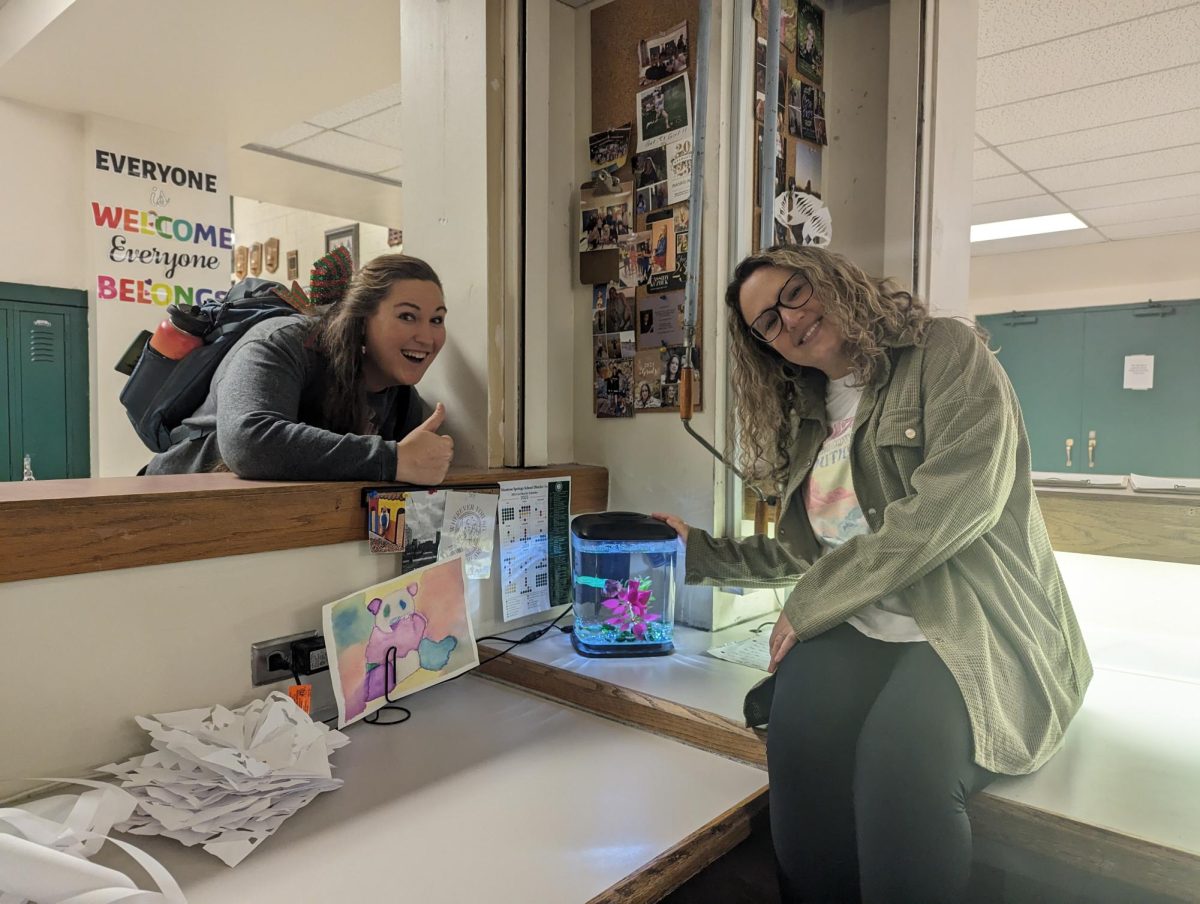







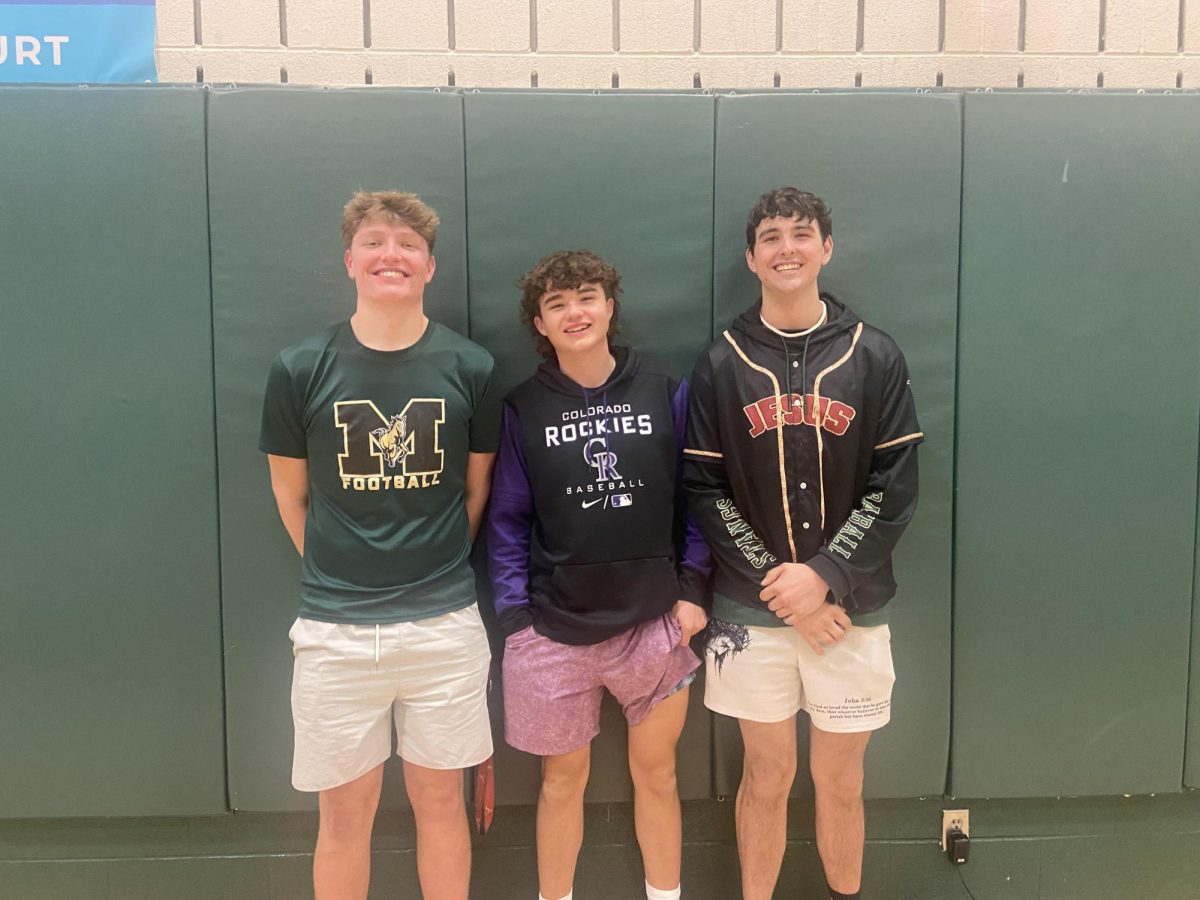
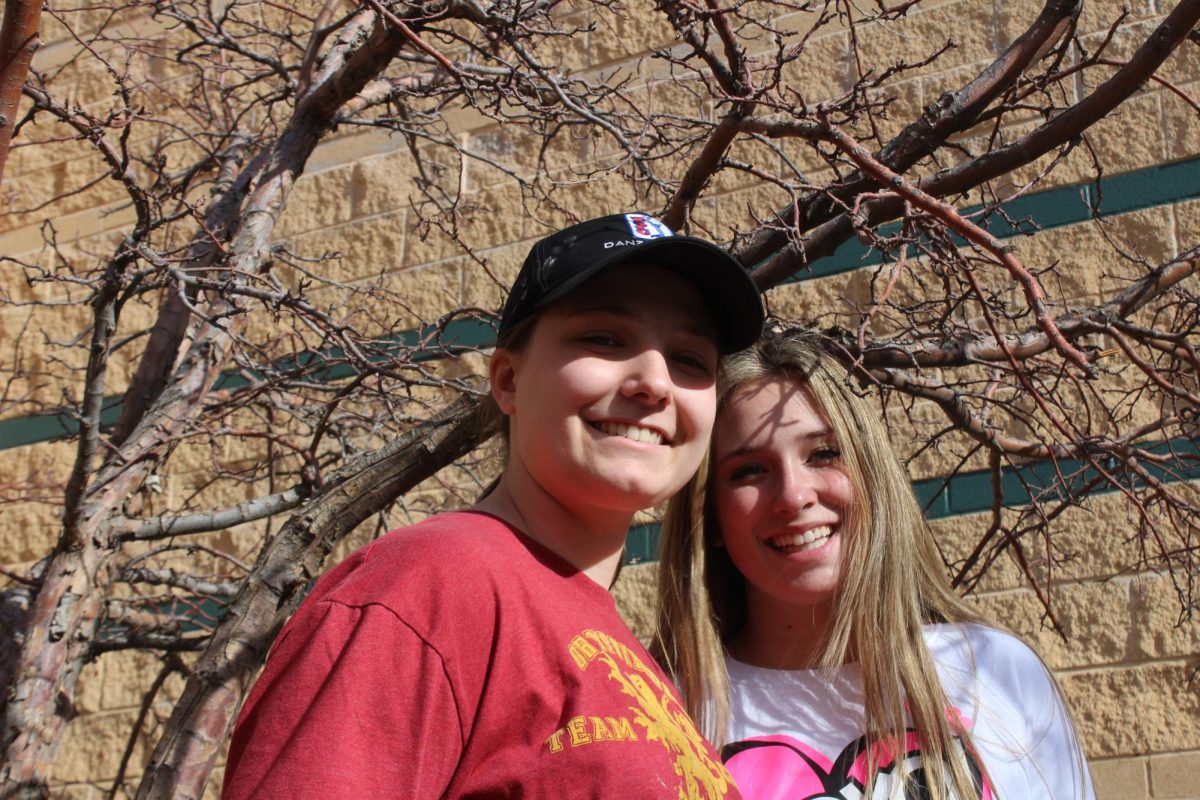

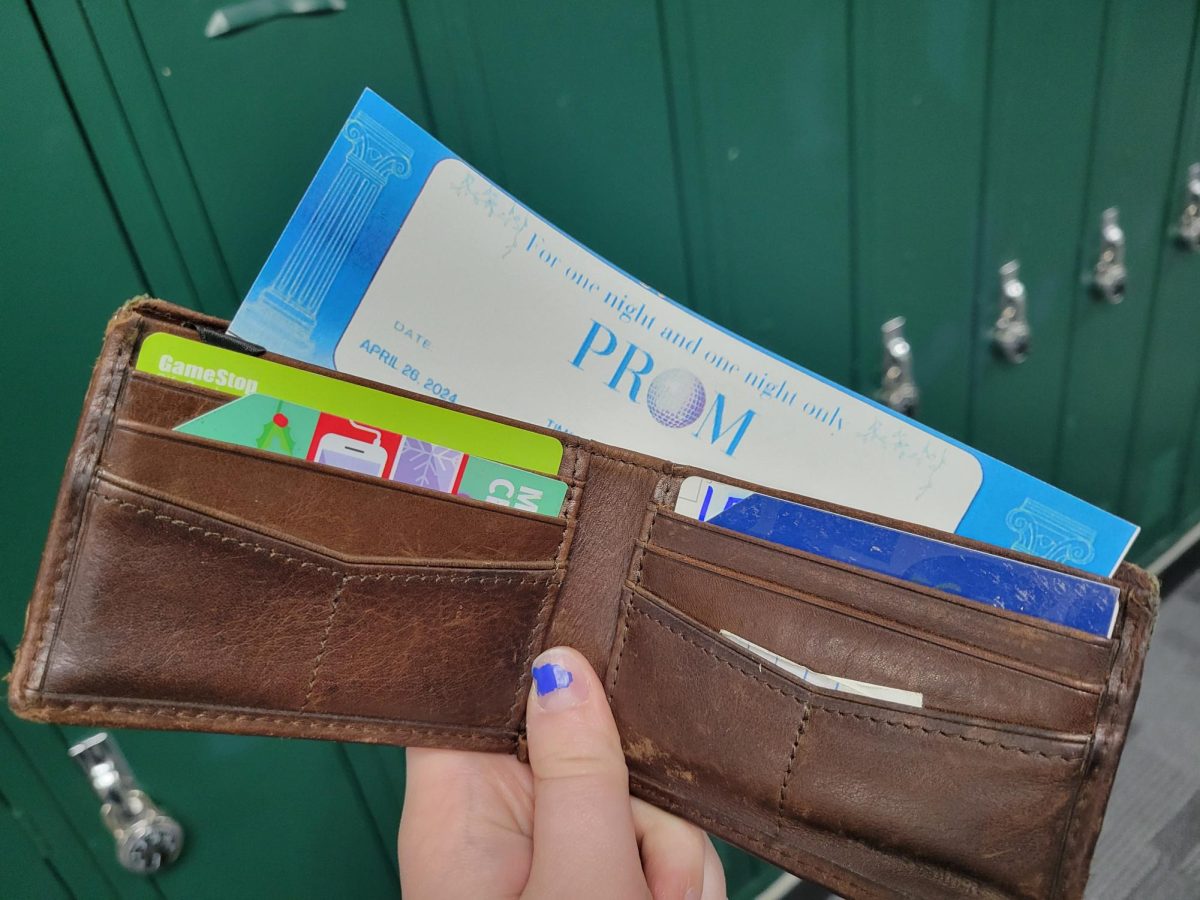
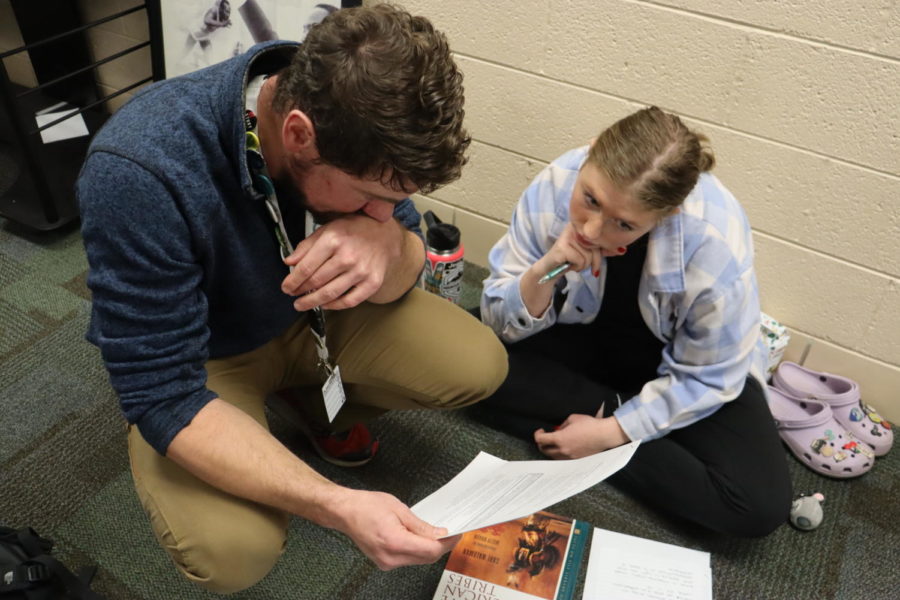
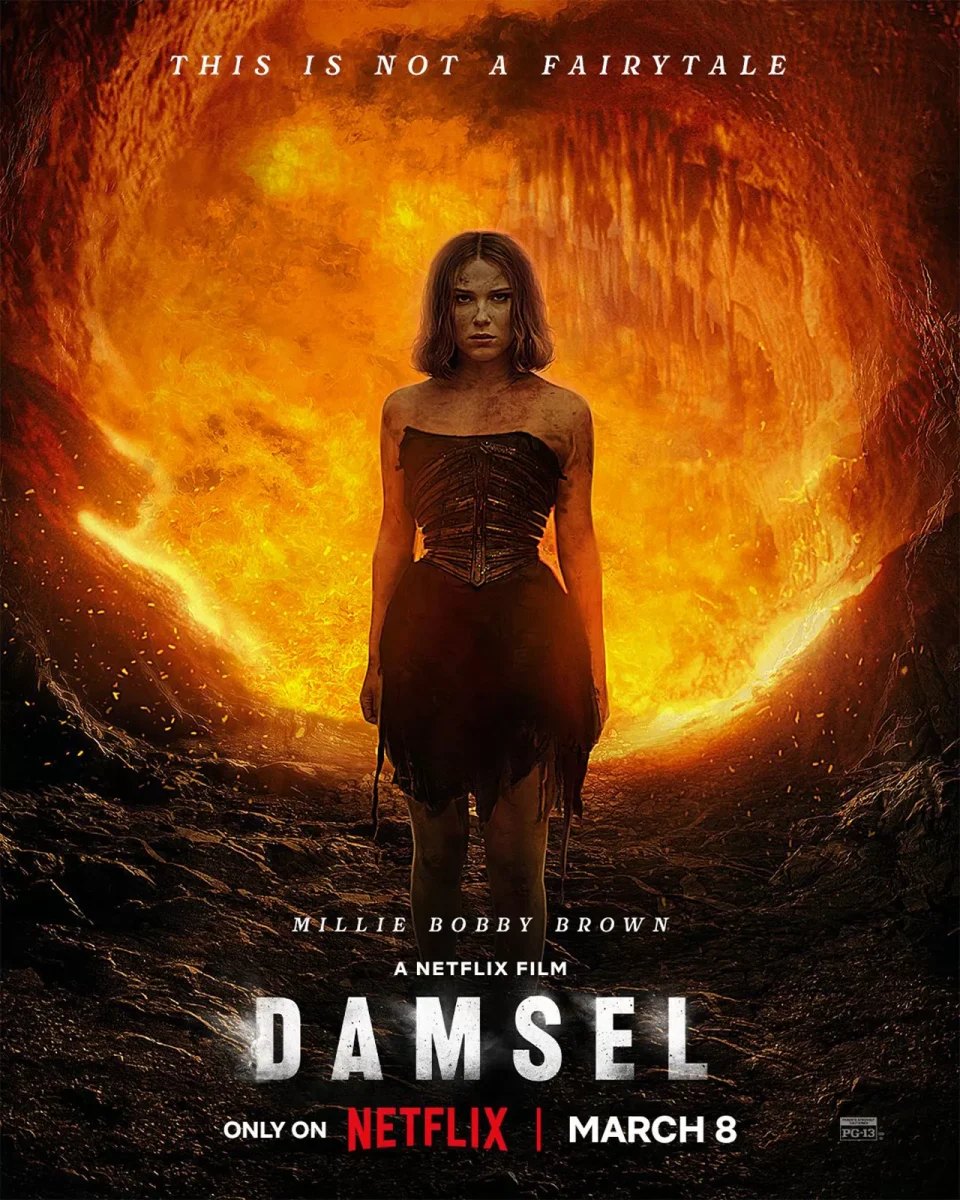

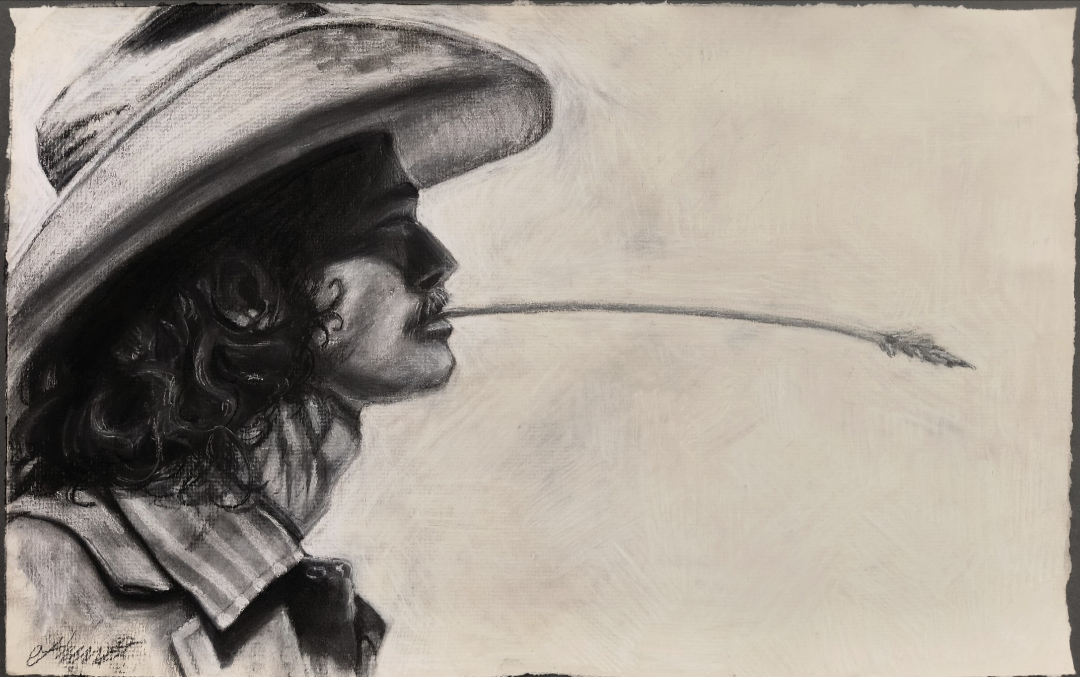
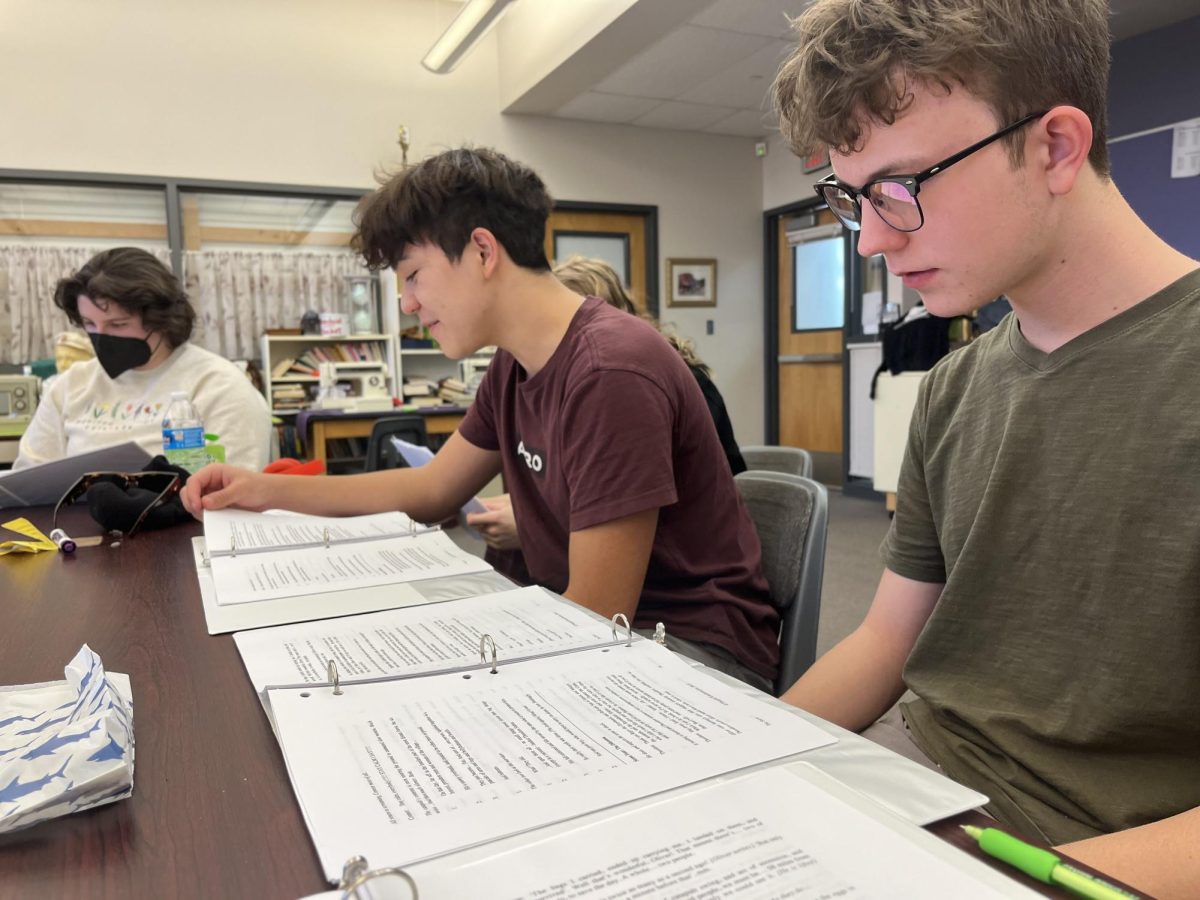
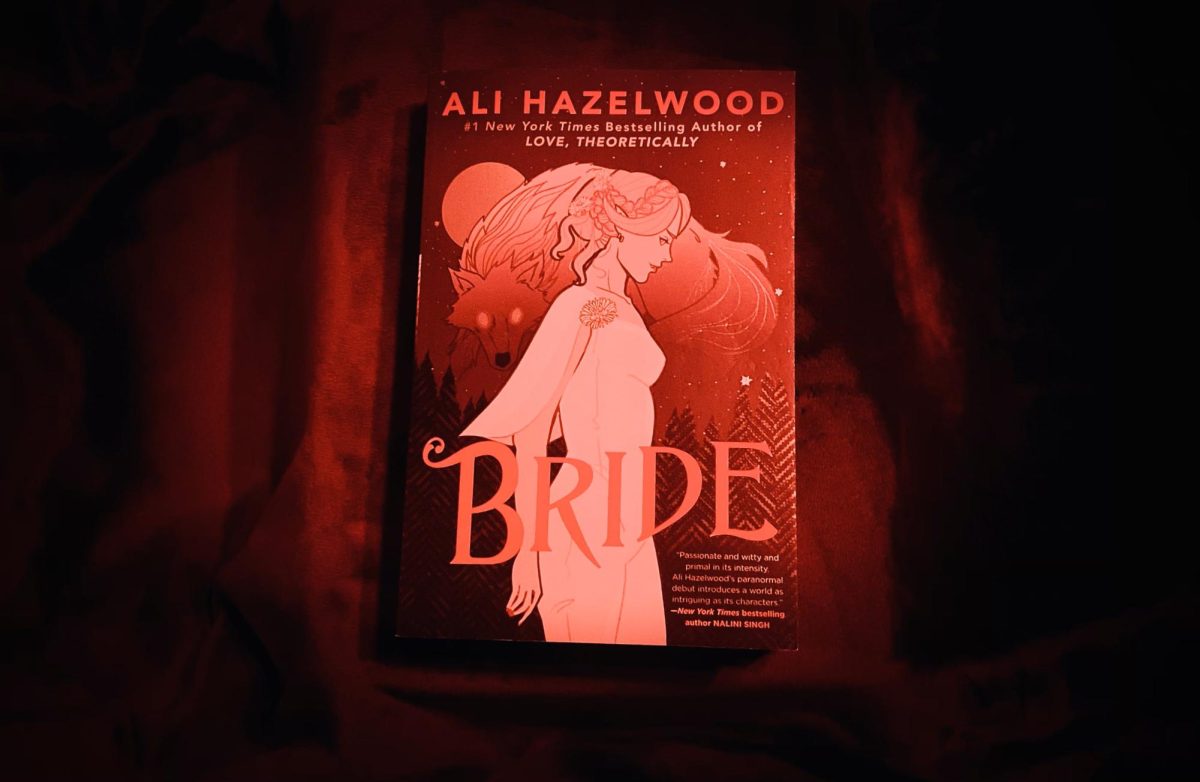



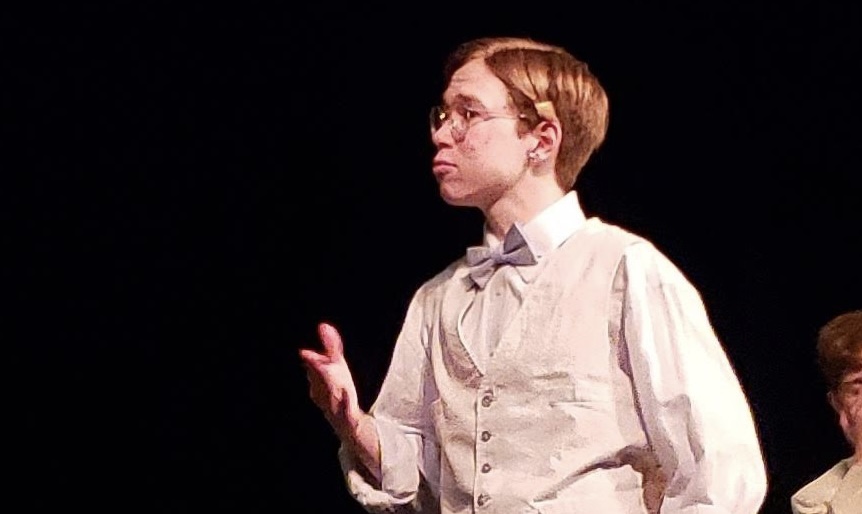






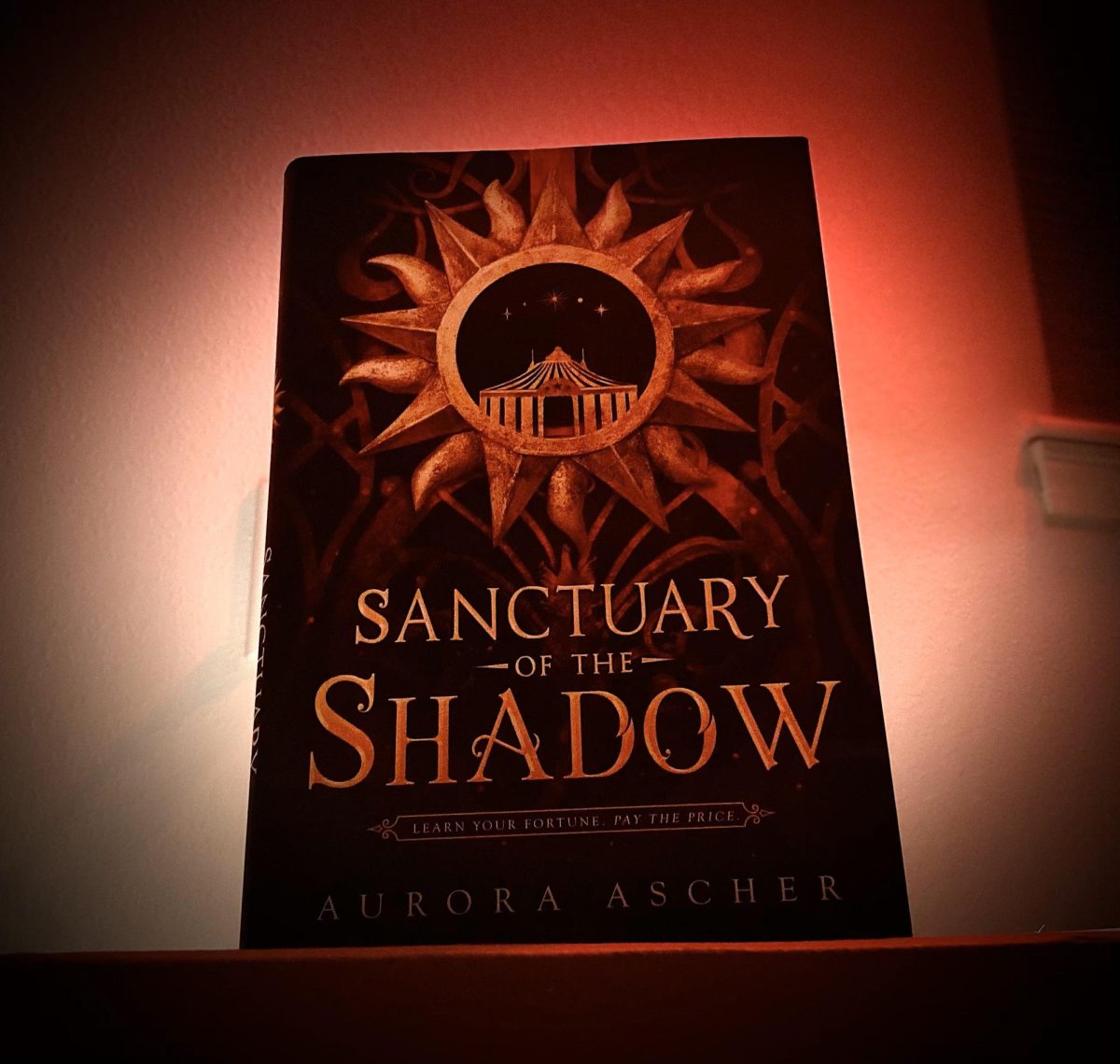
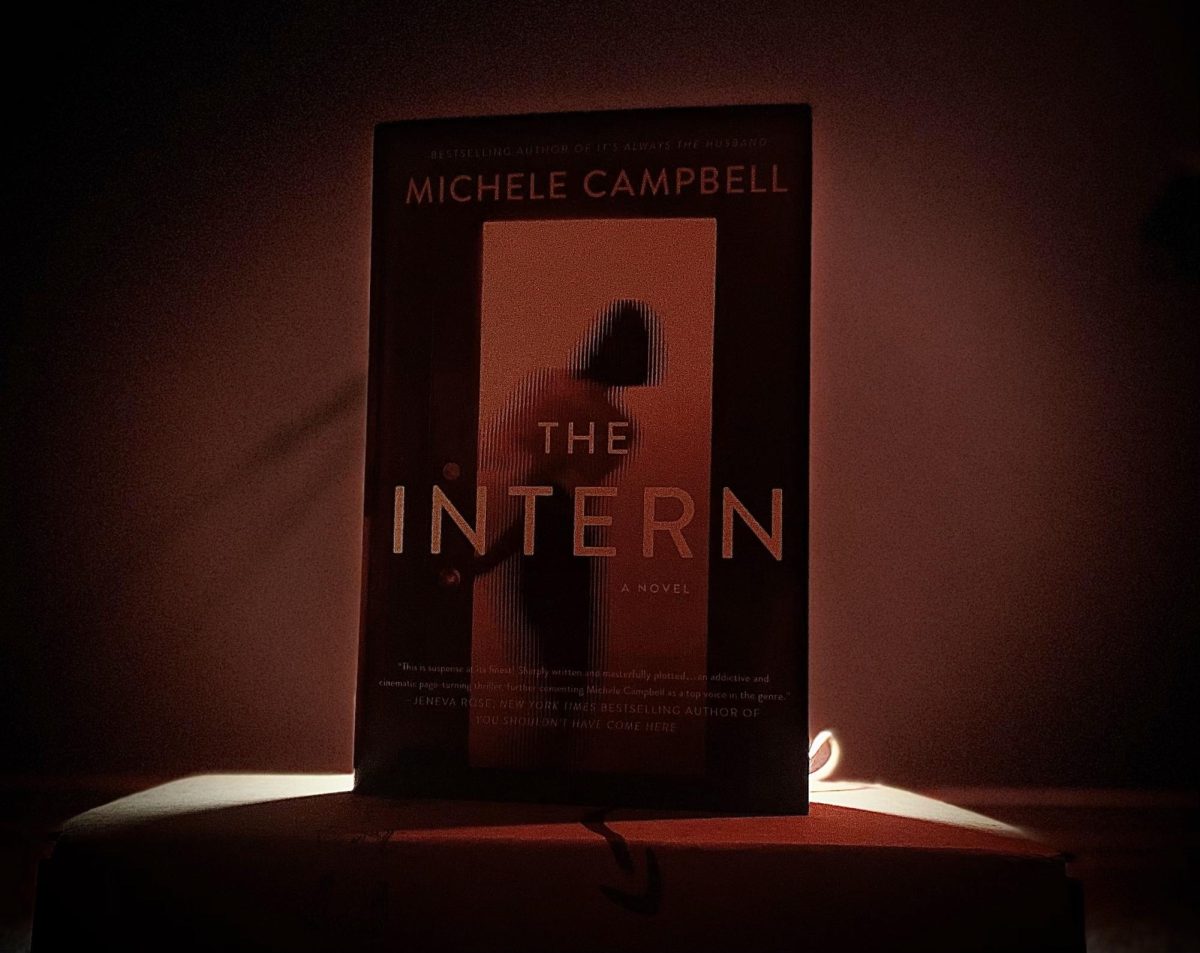



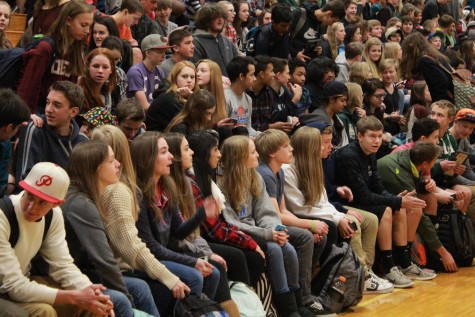








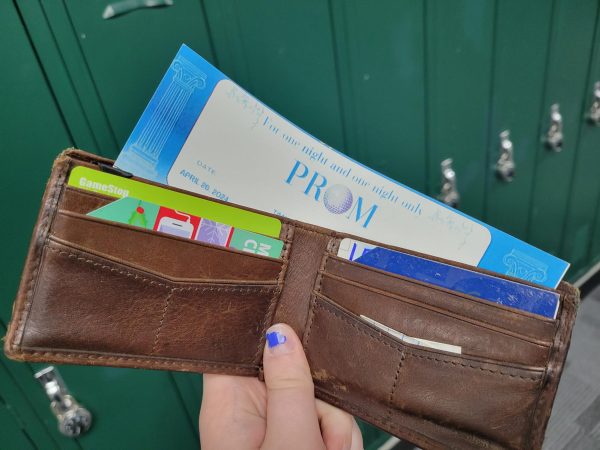
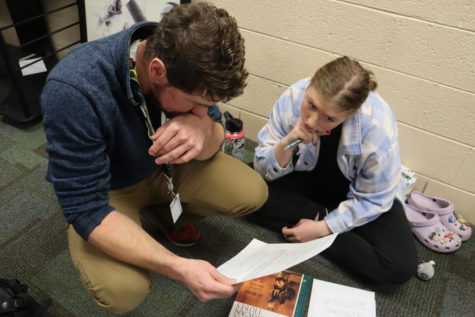


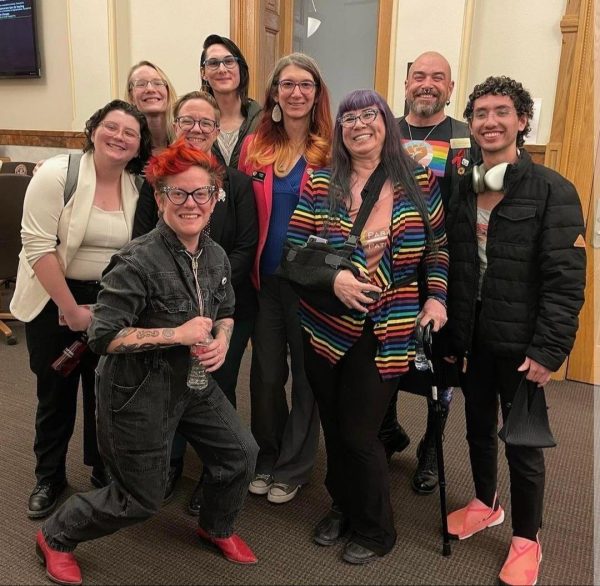

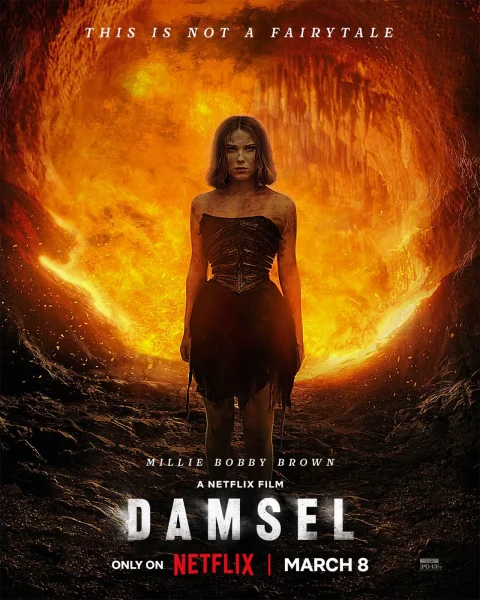

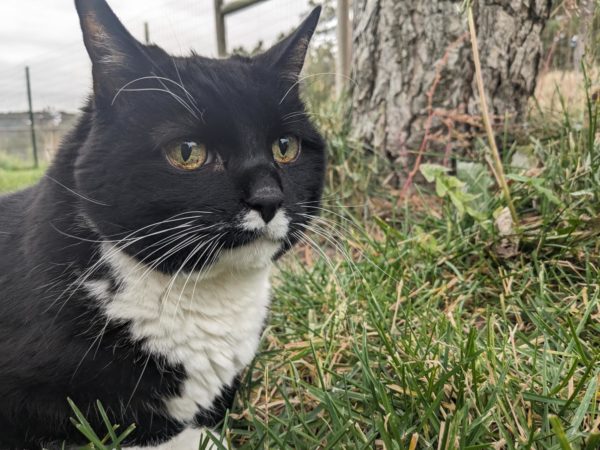

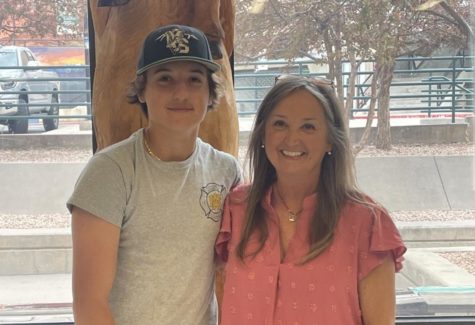

N. F. B. • Dec 4, 2015 at 3:09 pm
But this is so one-sided? Can you consider other points of view, like the same-sex couples in that era that were murdered for holding hands in public, or the polyamorous people who want an open relationship, or those who prefer unpredictability over commitment, or those who are aromantic and feel no romantic attraction? It’s true that the previous decades were more classy, but while some things have gotten worse, others have gotten better for so many. If anything, morals have improved.
Tyler Jungbauer • Jan 16, 2016 at 8:37 pm
This is true, but I also think that the author has a good point when she points out the fact that technology has, in its own way, desensitized dating to something more mechanical and stoic than the romantic love that can be found, metaphorically, in something like a poem or music. Perhaps there would always be something equivalent to this in some form or other, but I also feel that technology has made it much simpler to accept something with a mere click of button or a tab, and thus something like sex and love become muddled with a kind of murky immediate need or desire.